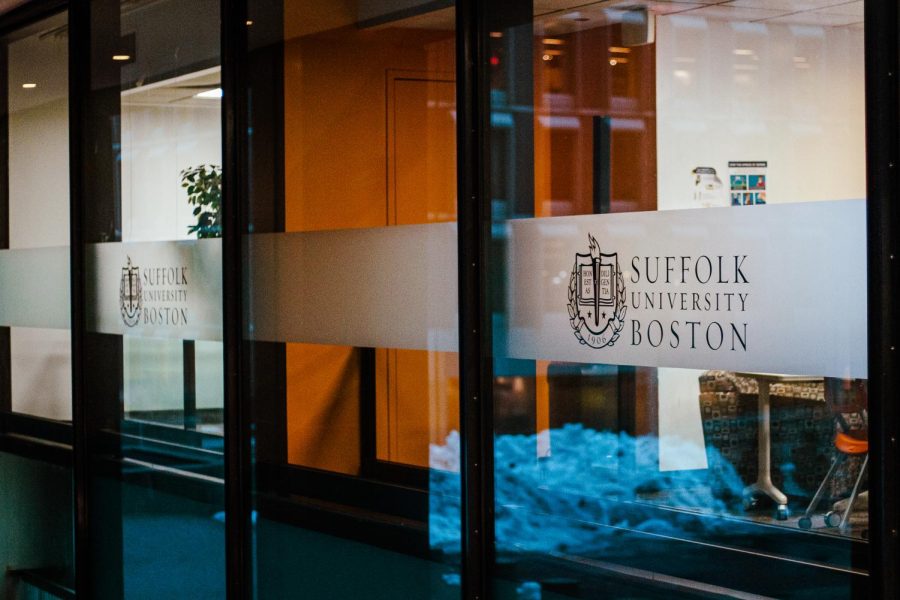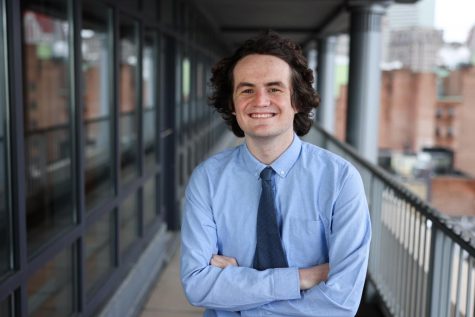Suffolk University’s Board of Trustees voted to ban the university from investing money from their endowment into fossil fuel, opioids, for-profit prisons and a few other industries, according to a post on President Marisa Kelly’s blog, Momentum.
The blog, posted by Kelly on Feb. 3, announced that the move is one that aligns the university’s investments with its mission of sustainability and inclusion in light of the ongoing climate crisis.
“As part of this University’s core commitment to positively impact communities and serve the public good, we regularly evaluate whether we are living up to those ideals,” Kelly said in the blog post.
“I’m pleased to share that through the leadership of the Board of Trustees, we have taken an important step in making sure that funds invested from our endowment are better aligned with the University’s responsibility to serve the common good,” she continued.
Back in June, the board voted to prohibit the university from investing in fossil fuel, opioids, for-profit prisons, predatory lending and tobacco, the blog said.
Last month, the board approved new guidelines to reach this goal. Part of this process involved divesting from industries that the university previously invested in.
“We have liquidated investments in certain domestic and international equity funds that had exposures to those now prohibited industries,” Kelly said. “The exposure represented about 2% of our total investment portfolio.”
Kelly hopes this move by the Board of Trustees will help Suffolk ensure that the university is true to its values.
“Suffolk joins a number of other colleges and universities implementing socially responsible guidelines in the management of investment portfolios,” she said. “The successful pursuit of strong returns on University investments in no way requires us to depart from our mission and values. On the contrary, I believe they can be fully aligned.”
Kelly expressed her excitement regarding the divestment in an email to The Suffolk Journal.
“Research shows that this shift to better align our investment strategy with our mission will not compromise our investment returns and may actually create new opportunities, so in that way, we don’t expect any negative impact on students,” Kelly said. “But I believe everything we can do to be part of the solution to climate change and to creating a more sustainable, just and equitable world will have enormous benefits over time for the future of our students and the communities in which they live.”
Sophomore environmental science major Molly Skvorak commented on the importance of this move and how it could affect students in the future.
“Any steps that we can take, both as individuals and as groups, to help lessen our negative environmental impact is a step in the right direction, and for Suffolk to take that step away from something that could be having major impacts is super important,” Skvorak said. “I’m sure that there is more the University can do!”






















Dan Eramian • Feb 25, 2022 at 12:39 pm
Great, I can withdraw my offer to establish an endowment at Suffolk.
Michael • Feb 9, 2022 at 8:35 pm
Suffolk does not invest in “opioids.” Question: How many of the Covid vaccine manufacturers (or there subsidiaries) had opioid related issues and settlements? Perhaps worthy an article. Is a requirement of vaccines (and boosters) an indirect investment in opioids? Ought Suffolk, choosing to divest from opioids, refrain from requiring participation in an industry that fueled addiction.